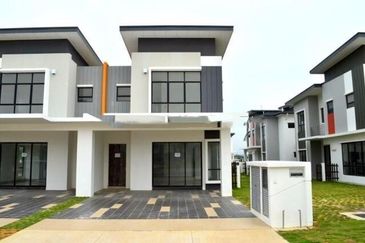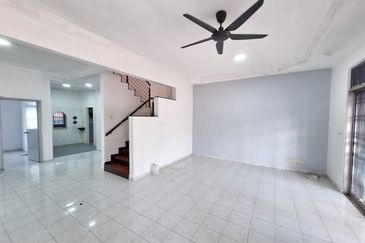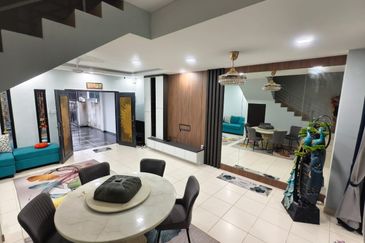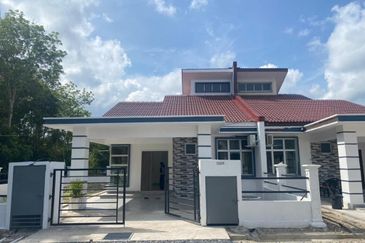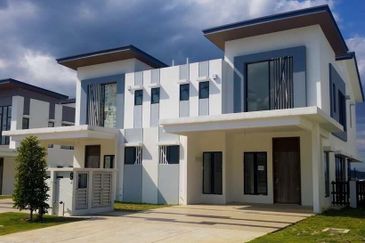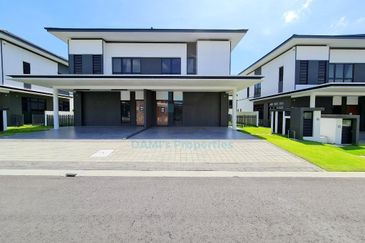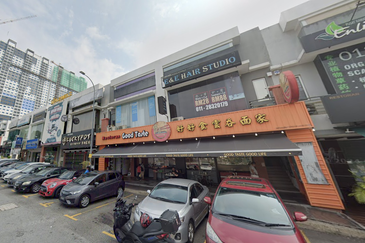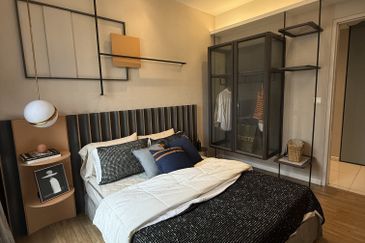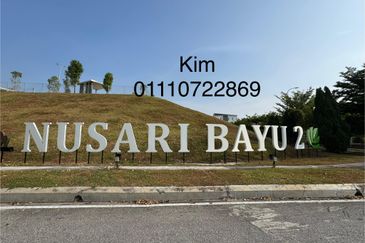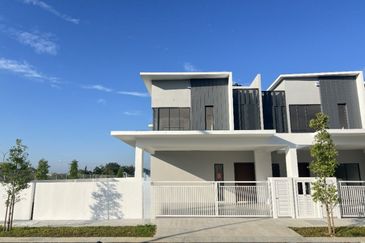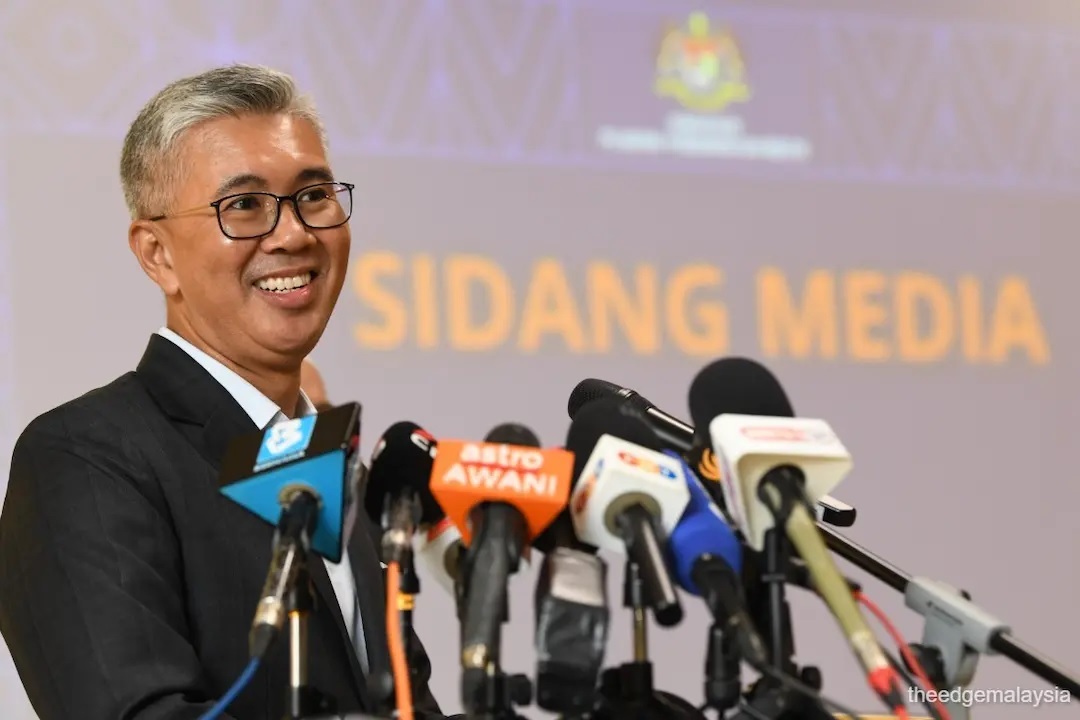
- “We want to streamline the regulatory framework, so that business operations run smoothly.”
KUALA LUMPUR (April 18): The federal government and the Johor government have discussed sandbox initiatives to address the concerns of investors and industries in the Johor-Singapore Special Economic Zone (JS-SEZ).
Investment, Trade and Industry Minister Tengku Datuk Seri Zafrul Abdul Aziz (pictured) said that when it comes to harmonisation and regulatory standards, the regulatory framework must be aligned to ensure that companies are not burdened by having to comply with two separate sets of rules and standards.
“We want to streamline the regulatory framework, so that business operations run smoothly.
“We look at all the bureaucratic hurdles. Next Monday [during the JS-SEZ Joint Business and Investment Forum], we will announce the formation of a new working committee, which will be co-chaired by Johor Menteri Besar [Datuk Onn Hafiz Ghazi] and myself,” he told selected media at his office recently.
Zafrul said the government is also actively promoting ease of doing business through measures such as harmonising customs processes, simplifying tax structures, and efficient permit approvals.
The minister also thanked the Ministry of Home Affairs for delegating the authority to the Malaysian Investment Development Authority (Mida) to approve worker permits for foreign workers coming into the country.
“Previously, whenever companies wanted to start a project, they had to come to Malaysia multiple times — sometimes five or six visits — before the project could even begin.
“By the fourth visit, the immigration or customs officers would start questioning them: ‘Why are you here again?’
“[For workers] they need to apply for a visa and work permit. This is where we have eased the process. Now, for 6+6 after one year, Mida can issue just one visa for them to come in and work,” he said.
With Malaysia assuming the Asean chairmanship this year, Zafrul said Johor is also taking a leading role in regulatory harmonisation by piloting digital customs, exploring dual-certification of goods with Singapore, and aligning with the Asean Digital Economy Framework Agreement.
He highlighted that the mobility of people and goods will be crucial, especially when the JS-SEZ is operating at full capacity. Therefore, providing special facilitation measures will be necessary to enhance the ease of doing business.
“Everyone has their own concerns that we need to address. For example, the Ministry of Finance (MOF) may be concerned about potential abuse or loss of revenue, while other ministries might be concerned about regulatory loopholes and lowered standards, and if anything happens, the public might blame them.
“We understand these perspectives, which is why we are proposing to use sandbox initiatives to address these concerns proactively,” he added.
Zafrul emphasised that policy implementation will only follow after the initiatives had been tested through the sandbox approach.
Meanwhile, he said Mida’s Invest Malaysia Facilitation Centre Johor (IMFC-J) streamlines the regulatory framework by acting as a one-stop coordination hub, facilitating investors with approval, licences, and other regulatory requirements.
The minister said that between 2023 and March 2025, the facilitation centre approved 537 manufacturing projects in Johor.
“Impressively, 84% (451 projects) are already implemented (in production, trial production, machinery installation, or building construction), while another 13% (70 projects) are progressing through stages like site selection, local authority approval, and planning,” he said.
Zafrul said that among the JS-SEZ suite of competitive incentives to attract investments are tax holidays, reduced corporate tax rates, and investment allowances.
Investors can avail themselves of incentives in the forms of either a special tax rate ranging between 5% and 10% for a period of 10 years to 15 years, or an investment tax allowance ranging between 60% of capital expenditure for five years or 10 years to be offset against 70%-100%.
In addition, investors could also enjoy stamp duty exemption and accelerated capital allowances regarding renovation costs.
Regarding incentives for family offices in Forest City, Zafrul believes there is strong support from the MOF, describing it as an area with significant potential for growth.
He said Miti is currently awaiting the final details from the MOF on implementing family offices within the JS-SEZ.
The JS-SEZ covers the Iskandar development area, Forest City, the Pengerang Integrated Petroleum Complex, and Desaru, with a land area of 357,128 hectares.
The Iskandar development region also includes the Johor Bahru City Centre, Iskandar Puteri, Tanjung Pelepas-Tanjung Bin, Pasir Gudang, Senai-Skudai, and Sedenak.
The JS-SEZ is anchored by nine priority sectors — advanced manufacturing, green energy, logistics, artificial intelligence, healthcare, quantum technology, aerospace, digital services, and halal industries.
Zafrul said Maybank and CIMB will be announcing special financing packages for companies going into the JS-SEZ, mostly for small and medium enterprises (SMEs), during the JS-SEZ Joint Business and Investment Forum taking place next Monday and Tuesday.
“We offer affordable rental spaces and shared facilities. On the second day of the forum, we are going to feature five prominent multinational companies to show how they will help SMEs, and what is needed from SMEs to strengthen their supply chains,” he added.
Want to have a more personalised and easier house hunting experience? Get the EdgeProp Malaysia App now.
TOP PICKS BY EDGEPROP
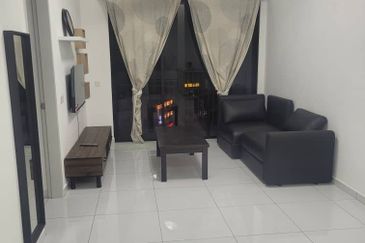
Sky Trees @ Bukit Indah
Iskandar Puteri (Nusajaya), Johor
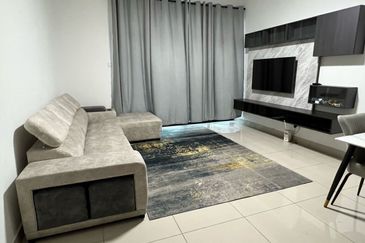
D'Summit Residences @ Kempas Utama
Johor Bahru, Johor
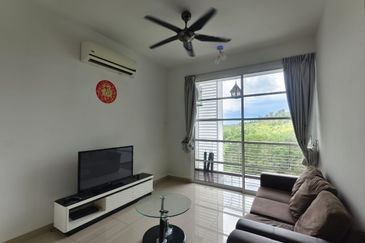
Horizon Residence (Dwi Mutiara)
Bukit Indah, Johor
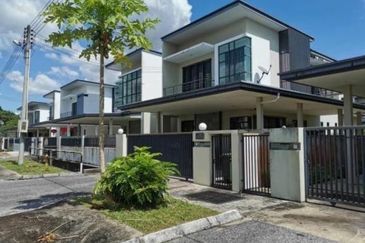
Bandar Mahkota Banting (Brooklands)
Banting, Selangor

Bandar Mahkota Banting (Brooklands)
Banting, Selangor
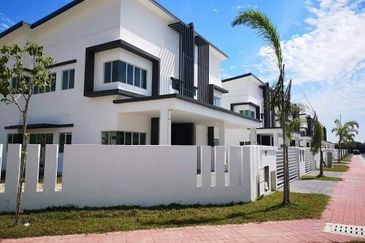
Bandar Mahkota Banting (Brooklands)
Banting, Selangor
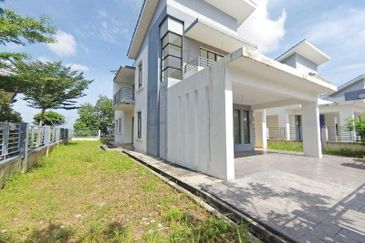
Bandar Mahkota Banting (Brooklands)
Banting, Selangor
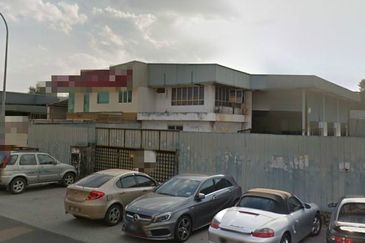
Taman Industrial Sungai Buloh (TSB Commercial Centre)
Shah Alam, Selangor


